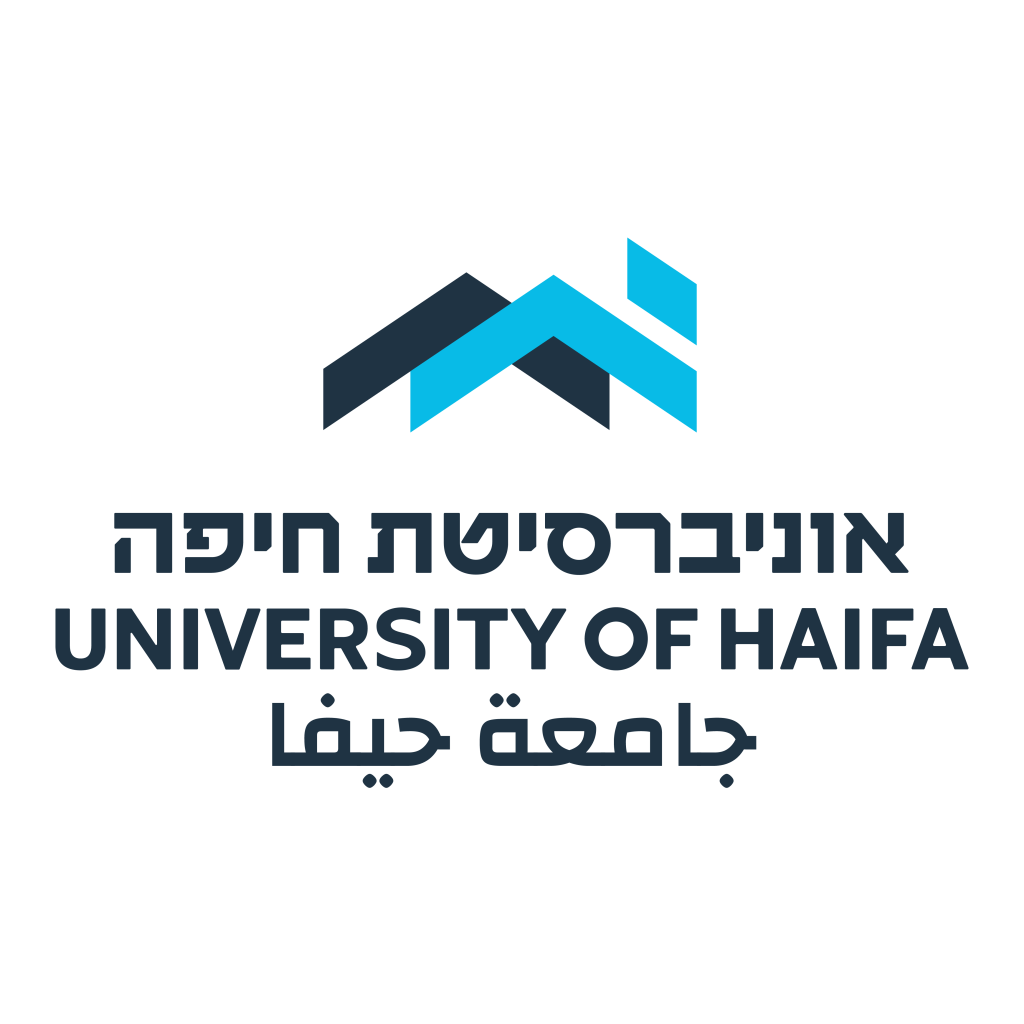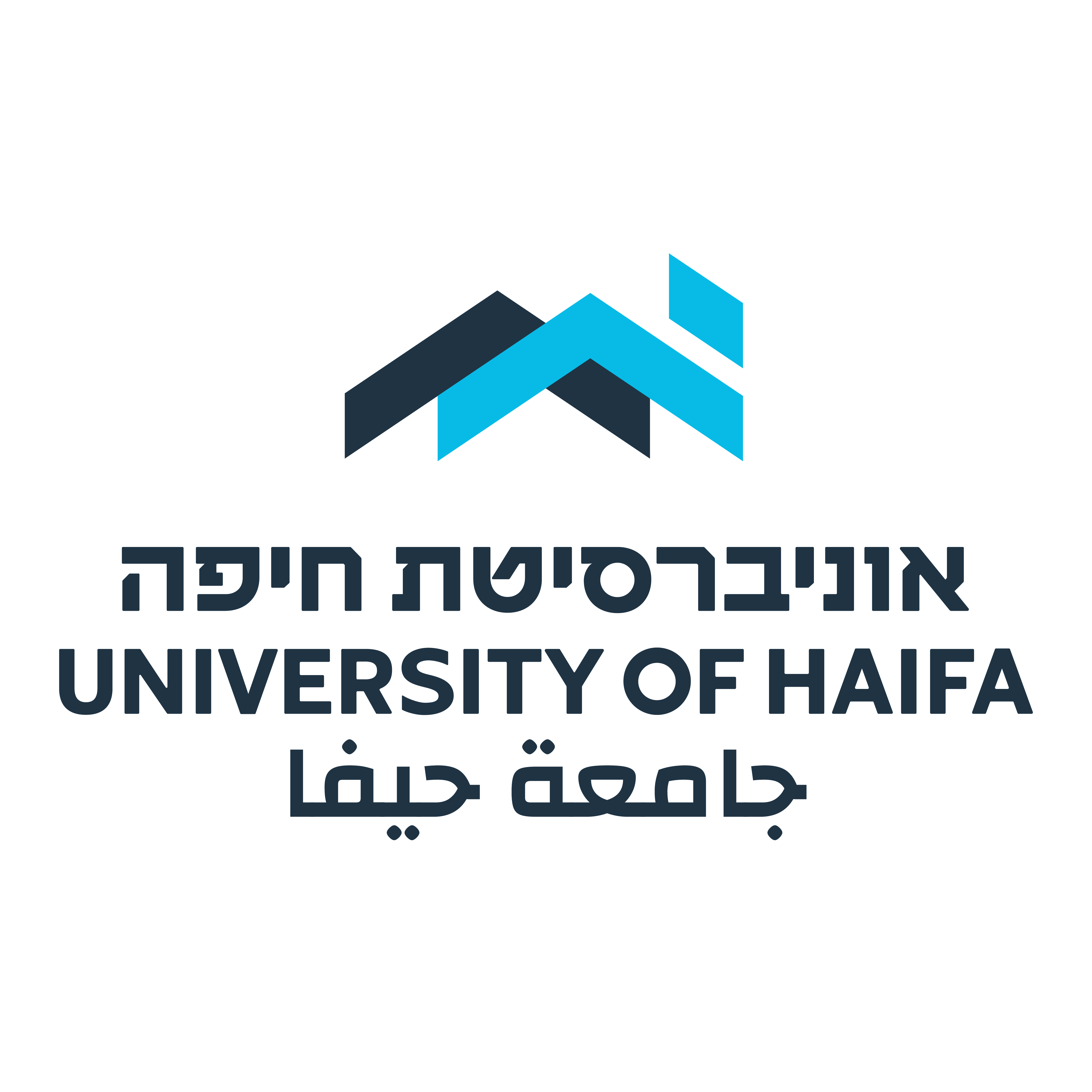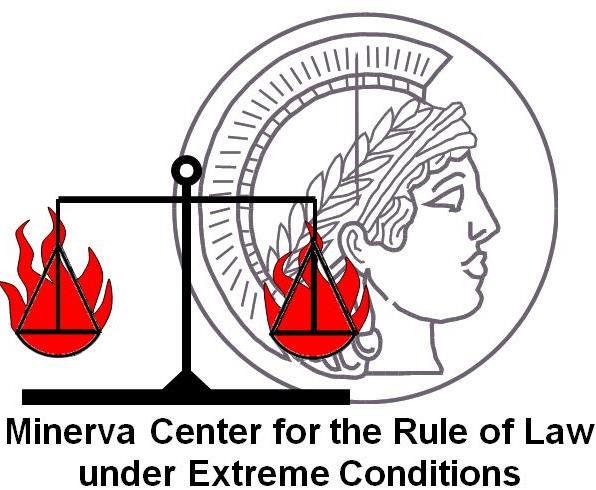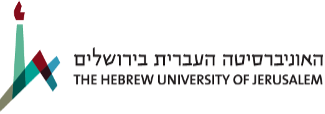Transitional Justice for Israel-Palestine in Comparative Perspective
Live Webinar
June 5, 2025
Participants
(in alphabetical order)
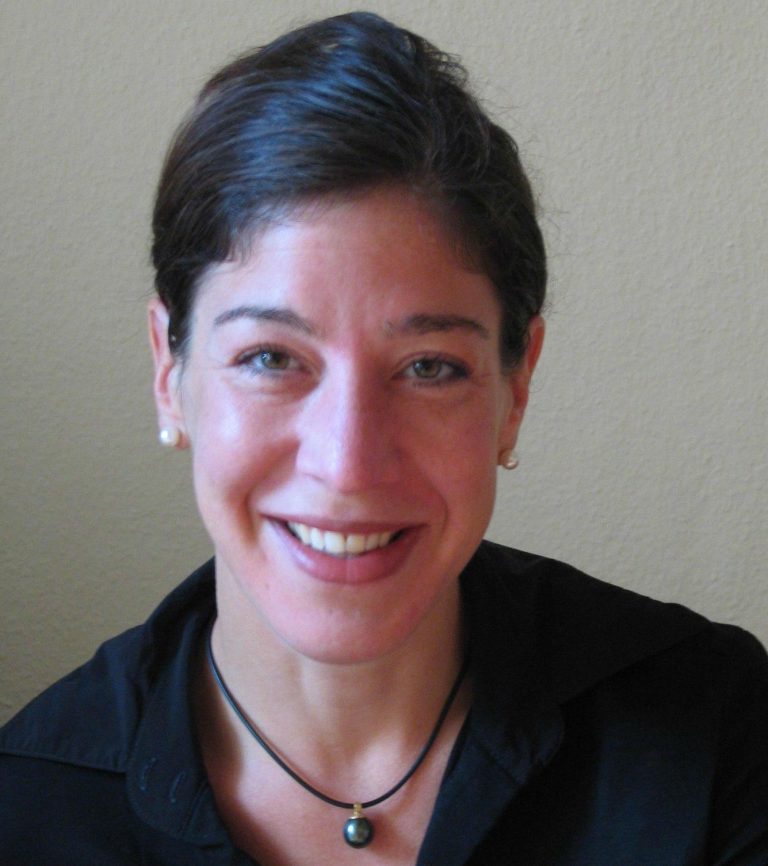
Anne van Aaken (Dr. iur. and MA Economics) is Professor of Law and Economics, Legal Theory, Public International Law and European Law, University of Hamburg, Germany (Alexander von Humboldt Professor 2018-2023) and Co-Director of the Institute for Law and Economics. Anne was Vice-President of the European Society of International and the Chair of the European University Research Council (2020-2023). She taught as a guest professor at numerous universities around the world (i.a. HEID, World Trade Institute, NYU, HebrewU and University of Haifa) and was a Fellow at the Institute for Advanced Study Berlin in 2010/11. She was a general editor of the Journal of International Dispute Settlement (OUP) and is a member of the editorial boards i.a. of the American Journal of International Law, the European Journal of International Law (till 2021), the Journal of International Economic Law (OUP) and International Theory (OUP). She has been consultant for the IBRD, OECD, UNCTAD, GIZ and the UN.
Anne’s far over 100 publications are often interdisciplinary, using economics and social science methods, including behavioral sciences, to understand the consequences of law as well as law-making. Her newest edited book is “International Legal Theory and the Cognitive Turn”, OUP 2025 with Moshe Hirsch.
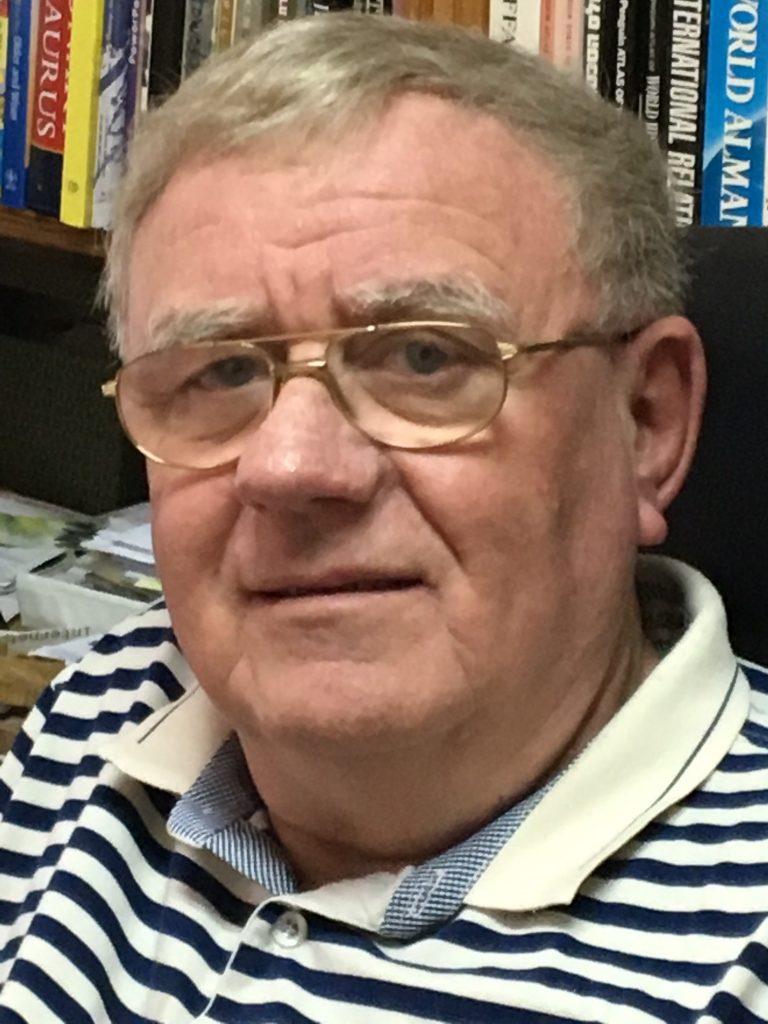
Daniel Bar-Tal is Professor Emeritus at the School of Education, Tel Aviv University. His research interest is in political and social psychology studying socio-psychological foundations of intractable conflicts and peace building. His most influential theoretical contribution is the development of a systematic and holistic conception of the dynamics of interethnic bloody and lasting conflicts: how they erupt, escalate and possibly de-escalate, are resolved peacefully and even reconciled. In addition, he is an authority on the Israeli-Arab/Palestinian conflict, suggesting a comprehensive interdisciplinary analysis of its foundation, continuation and maintenance. Recently he began to study and write about democracy and authoritarianism. He has published over twenty-five books and over two hundred and fifty articles and chapters in major social and political psychological journals, books and encyclopedias. He served as a President of the International Society of Political Psychology and received numerous awards for his academic achievements.
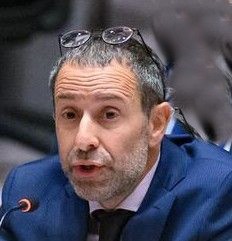
Daniel Levy is a political commentator and President of the U.S./Middle East Project (USMEP). He previously served as MENA Director for the European Council on Foreign Relations and Head of the Middle East Taskforce at the Washington DC New America Foundation.
Levy was a Senior Advisor to Israeli Justice Minister Yossi Beilin during the Government of Ehud Barak (1999-2001). He was a member of the official Israeli delegation to the Israel/Palestine peace talks at Taba under Barak and at Oslo B under Yitzhak Rabin (1994-95).
Levy briefed the UN Security Council on four occasions in the past five years, the latest of which from February 2025 can be viewed here.
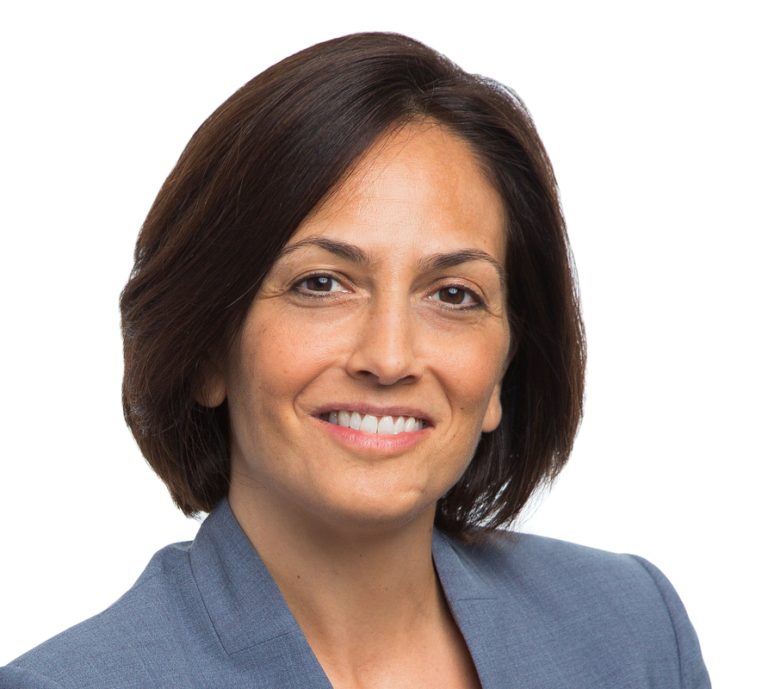
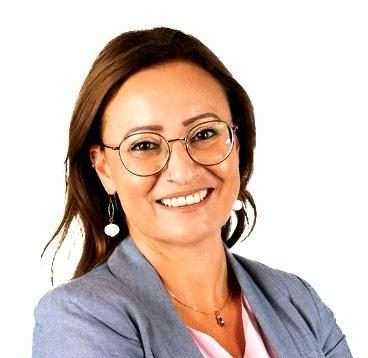
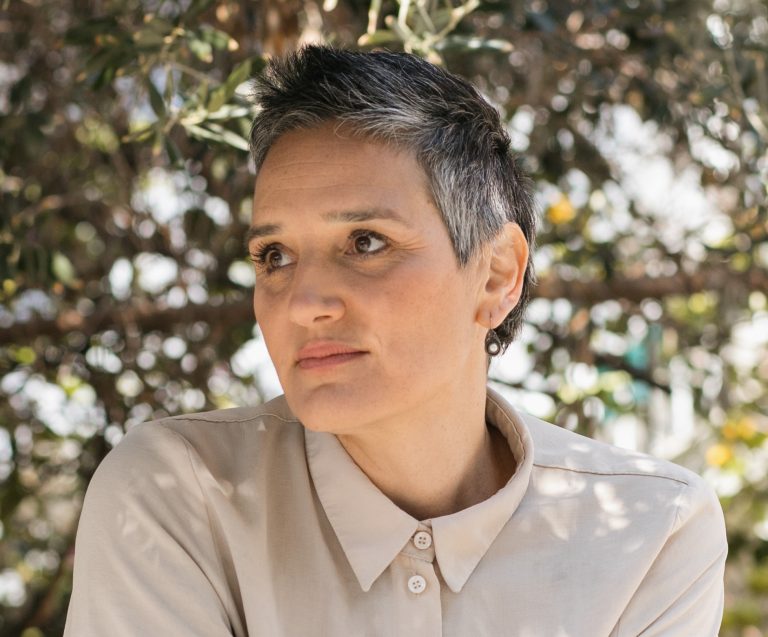
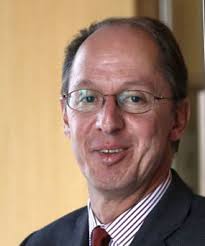
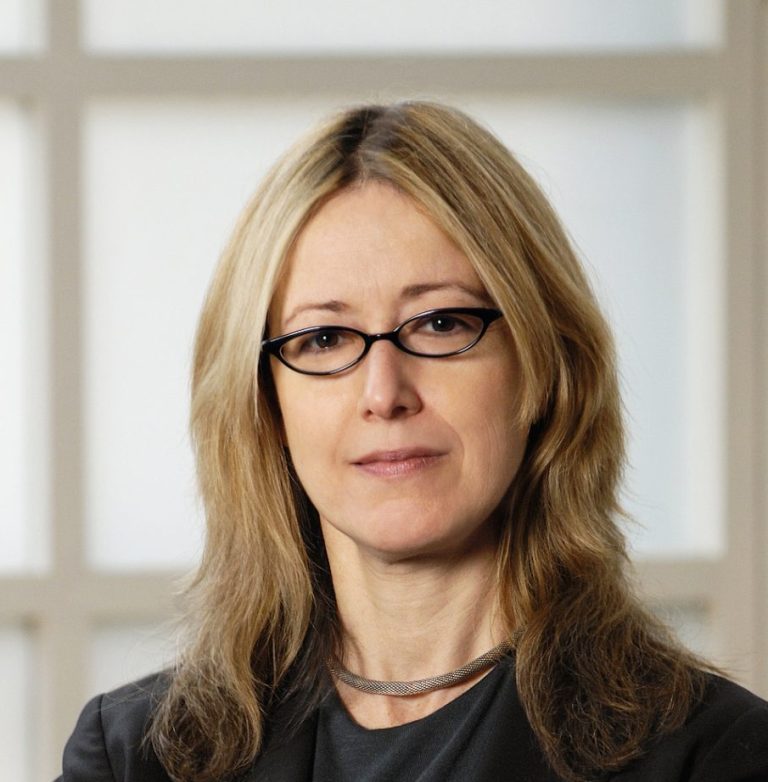
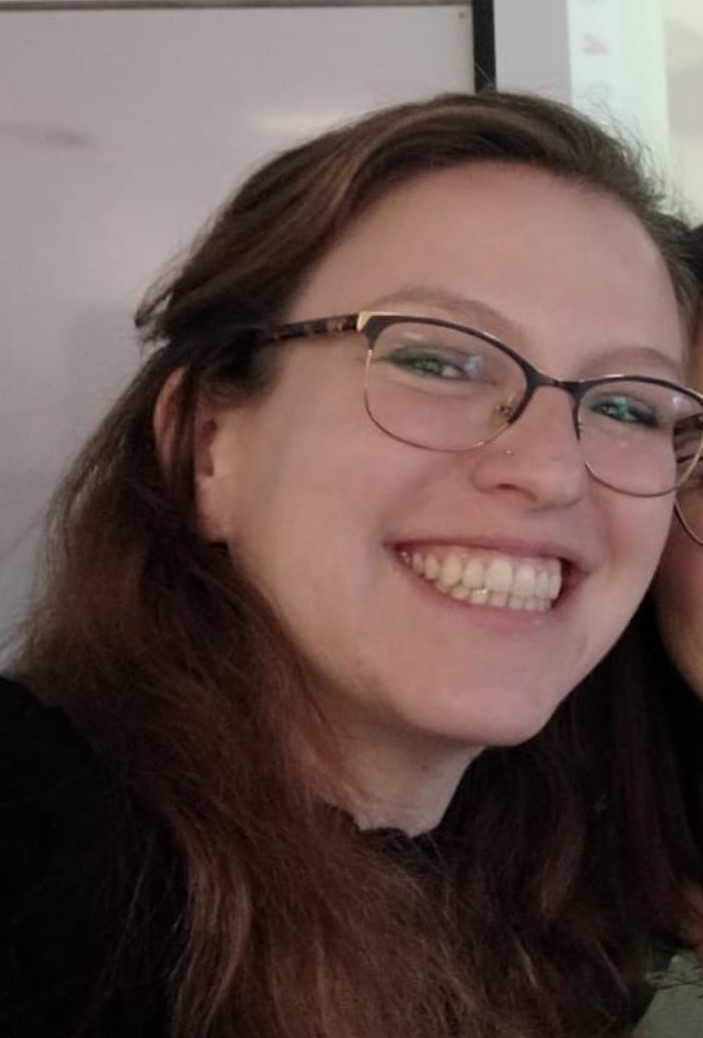
Her research interests cover several critical areas related to children and youth at risk, including: Children’s Rights, Youth at Risk and Welfare System, Youth Well-being, Access to Justice for Youth at Risk, Application of Children’s Rights as Human Rights, Gender perspective on marginalized girls at risk; Dr. Reichenberg explores the intersection of children’s rights and broader human rights principles. She is part of COST Action working group on Participation of children and young adults who were maltreatment in research.
Her doctoral dissertation, titled “The Right to Participation and Care Proceedings in Youth Court”, she critically examines the right to participation within care proceedings, shedding light on the legal complexities surrounding young girls in care proceedings.
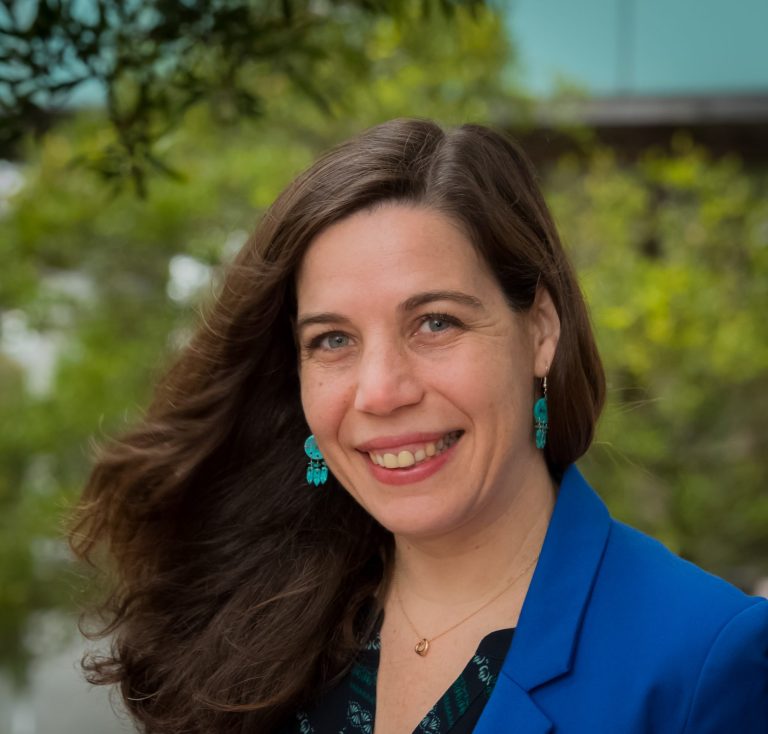
Shiri Krebs is a Professor of Law and the Director of the Centre for Law as Protection at Deakin University. Additionally, she is an Alexander von Humboldt Fellow at Hamburg University, a visiting legal fellow at the Australian Department of Foreign Affairs and Trade (DFAT), and an affiliate scholar at the Stanford University Center for International Security and Cooperation (CISAC). From 2022 to 2025 she served as the elected Chair of the Lieber Society on the Law of Armed Conflict. Professor Krebs’ scholarship focuses on behavioural approaches to international law, biases and blind spots in predictive counterterrorism tools, and human-machine interaction in drone warfare. Her research on drone warfare and surveillance technologies is currently funded by several nationally and internationally competitive research grants, including from the Australian Research Council (ARC) and the Alexander von Humboldt Foundation (Germany). Her research has influenced policy in Australia and internationally and has earned her several research awards, including the David Caron Prize (American Society of International Law, 2021), the ‘Researcher of the Year’ Award (Australian Women in Law Awards, 2022), the Australian Legal Research Awards (finalist, Article/Chapter (ECR), 2022), and the Vice-Chancellor’s Researcher Award for Career Excellence (Deakin, 2022).
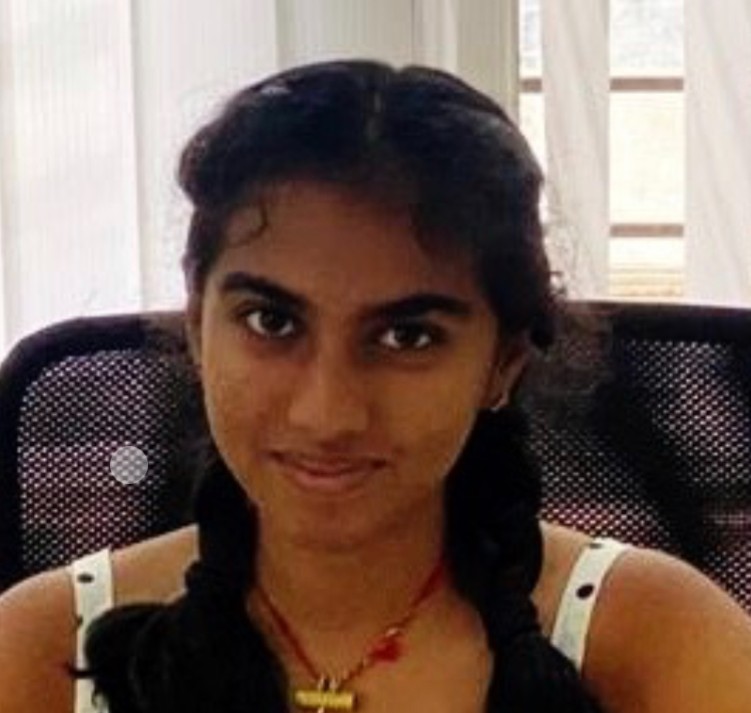
Shreya Shankar is a PhD researcher and practitioner working at the intersection of transitional justice, art, and identity. Her work focuses on how artistic expression can act as testimony and resistance in post-conflict contexts. She has explored tayaka padalgal, songs produced by the LTTE in Sri Lanka, as a way to understand identity, memory, and compliance with international law. With a background in international law and forensic psychology, she works closely with artists and survivors to centre lesser-known narratives in justice processes. Her research includes collaborations with indigenous communities and survivors of gender-based violence. She regularly teaches and presents on the role of art in legal and political transitions.
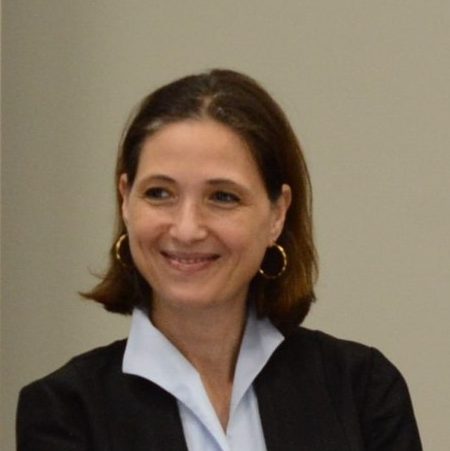
Sigall Horovitz is the transitional justice advisor of the Hebrew University’s Clinical Legal Education Center. Her interests are transitional justice, international criminal law, ethics and anti-corruption. Dr. Horovitz held various legal positions at the United Nations, including at the International Criminal Tribunal for Rwanda, the Special Court for Sierra Leone, and the United Nations Office on Drugs and Crime. Dr. Horovitz was also involved in teaching and academic research in Israel and Germany. She initiated transitional justice programs at the Hebrew University and Tel Aviv University, and led experiential study trips to Rwanda and South Africa. Dr. Horovitz completed her master’s degree with honors at Columbia University (2003) and received her doctorate in law from the Hebrew University (2014). Dr. Horovitz received the Arthur Helton Fellowship of the American Society of International Law, the Rabin Scholarship of the Truman Research Institute for the Advancement of Peace, the Vodoz Prize of the Institute of Contemporary Jewry, and an award for distinguished academic work from the Israeli Law and Society Association. She is a member of the New York and Israeli Bar Associations, and a founding member of the Association for the Promotion of International Humanitarian Law (ALMA).
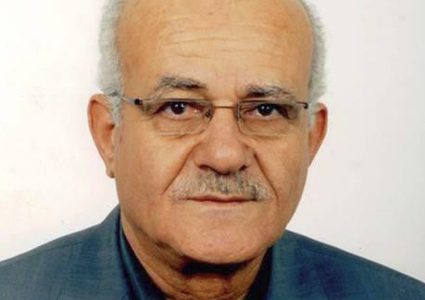
Ziad Ali Khalil AbuZayyad is an attorney at Law who graduated from Damascus University in 1965.
He is the co-editor and publisher of the quarterly Palestine-Israel Journal of Politics, Economics and Culture, PIJ.ORG, which he co-founded in 1994 with prominent Israeli journalist, Victor Cygielman, as a joint Palestinian-Israeli venture. He is also a weekly columnist of Al-Quds Arabic daily newspaper.
Abuzayyad is also a former member of the Palestinian Legislative Council (1996–2006), former Minister of State in the Palestinian Authority (1998–2002), and former Deputy Chairman of the Political Committee of the Euro-Med Parliament (2004–2005). He was also the head of the Palestinian delegation to the Middle East multilateral peace talks in the Arms Control and Regional Security Working Group (ACRS) from 1994 to 1996.
AbuZayyad was an advisor to the Palestinian negotiating team in Washington, DC in 1992, and later a member of the post-Oslo negotiating team that concluded the 1994 Israeli-Palestinian Agreement (“The Cairo Agreement” that led to the establishment of the Palestinian Authority).
He has been imprisoned several times by Israeli authorities; the last was administrative detention for six months (November 1990 to May 1991). Immediately after his release he joined the Palestinian team led by Faisal Husseini to negotiate with U.S. Secretary of State James Baker the arrangements for the Madrid Conference of 1991.
In 1986, well before the Oslo Accords, AbuZayyad founded the Palestinian bi-monthly Hebrew language journal Gesher (The Bridge), of which he was publisher and editor. He is interviewed frequently by Israeli and international media on current issues of the Israeli–Palestinian conflict, and participated in numerous regional and international conferences on the Arab–Israeli conflict, and interfaith dialog.
AbuZayyad co-authored The West Bank Political Lexicon, together with prominent Israelis, Meron Benvenisti and Danny Rubinstein, and co-edited the book Islamophobia and Anti-Semitism together with Hillel Schenker.
